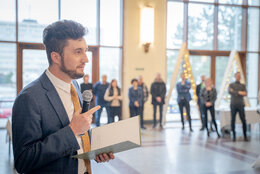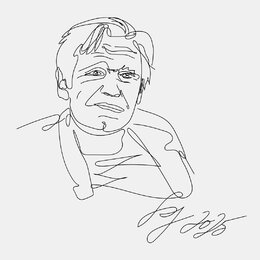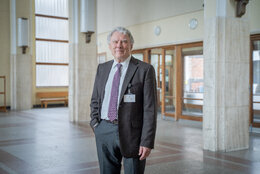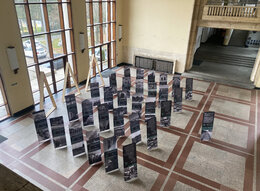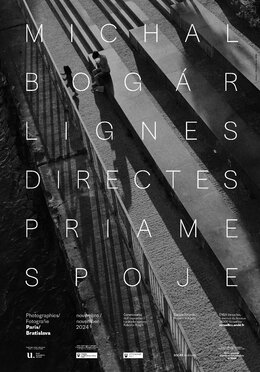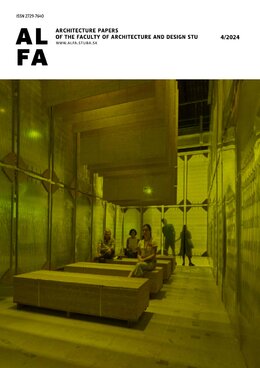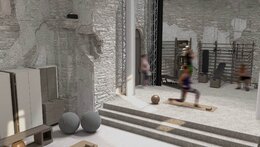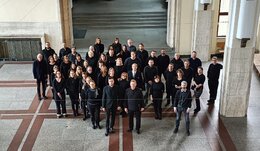ADAPT-r Call for Fellows - deadline 25 March 2013
ADAPT-r is a €4M FP7 Marie Curie Initial Training Network offering a new approach to PhD training for creative practitioners and will offer 40 Fellowships, 7 training conferences, a major research conference, a major exhibition, five key books, and a website providing public access to research and events. ADAPT-r commenced on 1 January 2013 and will run over four years. ADAPT-r is a network of 7 Partner Institutions and SME Associate Partner institutions (Architecture, design and art practices).
Description
This is the first of three anticipated calls for applications from practitioners in architecture, design and art for a total of 22 fellowships of between three and eighteen months commencing between May and October 2013. The varying lengths of the Fellowships will cater for candidates currently enrolled in a PhD and at various stages of completion and also those wishing to commence a PhD. The Fellowships will provide an employment contract and mobility funds to enable practitioners to undertake/complete PhD. Through a unique fellowship structure and partnership with SMEs fellows will remain fully embedded in their practice while also participating in ADAPT-r events and fulfilling fellowship obligations.
We seek out practitioners who have developed a body of work demonstrating mastery of their field, invite them to reflect upon the nature of that mastery within a critical framework, to speculate through practice on the nature of their future-practice and demonstrate their findings publicly. We argue that architects, designers and artists have a responsibility to the furtherance of their practice domain, and that this examination of the nature of their mastery promotes and extends the fundamental knowledge base of their discipline, and thus its ability to serve society.
Applications are open to those who have already commenced a cognate practice-based PhD and to new candidates. ADAPT-r is based on the established RMIT University practice-based PhD program offered in Australia and Europe. Under the ADAPT-r model practitioners will continue to be involved in their practice while becoming a fellow at one of the partner institutions and will participate in two Practice Research Symposia hosted by ADAPT-r each year. Applicants must hold a relevant higher degree and demonstrate peer recognition of the mastery of their work. Candidates must be able to demonstrate that their practice or studio is able to continue to provide support throughout the term of the fellowship.
Supporting practices, studios or galleries (described as SMEs in the grant documents) will be required to host a Fellow for the duration of that Fellowship, including secondment. Thus, the hosting period comprises the duration of the funded component and a second complementing component, equal in length to the first component, the second funded by the SME (or vice versa). The SME will provide the fellow with access to SME resources (e.g. allow the Fellow to use the facilities and equipment of the SME) as well as provide access to and embed the Fellow in the SME's creative practice projects which will form the basis and will be the subject of the Fellow's research. Each SME will have to become an Associated Partner of ADAPT-r and will be fully recognised as such in all ADAPT-r documentation. The fellowships will pay a stipend for half the term of the fellowship and it is expected that the fellow will continue to work in their studio/practice for the remaining half.
Selection Criteria
Selection will be based on the idea of ‘venturous' practice. Successful applicants must demonstrate a consistent and systematic approach that ‘tests' the edges of the discipline, in other words, it is for those who aspire to move the boundaries of their discipline in some way through the creation of creative works. To be considered for selection candidates must propose an SME Practice (an architectural practice or the studio of an artist for example) that will commit to support the candidate in the manner summarized above and described more fully in the grant documents. Selection will be merit based and candidates will be ranked against the criteria. In the event that there are more qualified applicants than Fellowships, highly ranked applicants will be given preference.
Submission requirements
Applicants should provide a description of their venturous practice (no more than 500 words), and a link to a web site or web portfolio. A list of completed works describing key aspects of each work should be provided. No more than thirty works should be listed and key works should be identified. Evidence of peer review will be highly valued. For example Art prizes, publication in professional or Art journals, selected or invited exhibitions of work, significant commissions, other publications including books, book chapters and journal articles either by the applicant or about the work of the applicant will be considered as evidence of peer recognition and can be used to demonstrate the venturous quality of the work. Applicants must provide a statement of authorship which should provide a clear understanding of the applicant's authorship role in the body of work submitted.
In addition the applicant must provide:
The names and contact information of two people who are willing to provide references.
A list and proof of their qualifications.
A statement confirming less than four years formal research experience.
Complete contact information along with dates available for commencement.
Applications must be submitted electronically to adapt-r@luca-arts.be with the subject title "Application for Marie Curie Research Fellow Position (ESR)" on the 25th March 2013 prior to 17:00 Belgian time, which is the deadline for the submission of the applications. Notification of receipt of submission will be returned to the applicant on submission.
Research Fields
Architecture, Design, Art - others
Career Stage
Early stage researcher with max 4 years research experience
Research Profile
First Stage Researcher (R1)
Type of Contract
Temporary
Status
Full-time
Hours Per Week
37-40
Institutes
Katholieke Universiteit Leuven, Belgium
Univerza V Ljubljani, Slovenia
Glasgow School of Art LBG, United Kingdom
The University of Westminster LBG, United Kingdom
Royal Melbourne Institute of Technology * RMIT University, Australia
Eesti Kunstiakadeemia, Estonia
Arkitektskolen I Aarhus, Denmark

